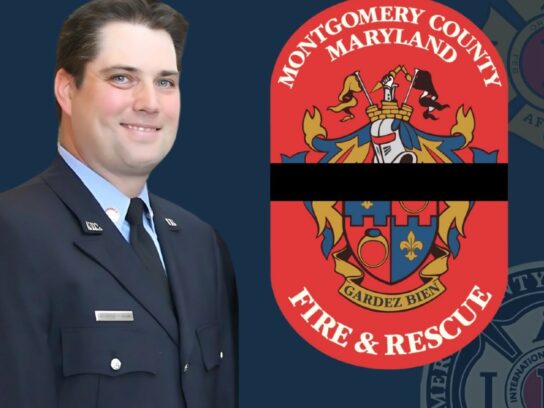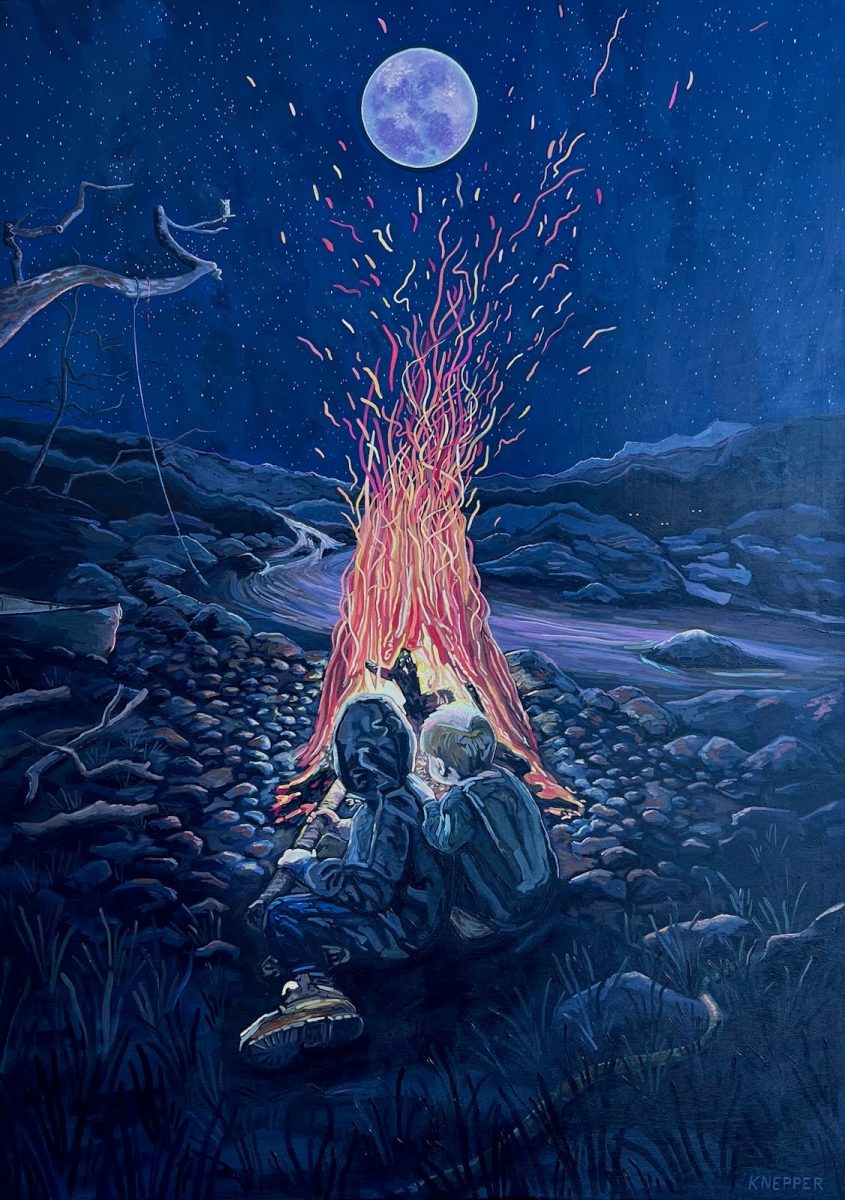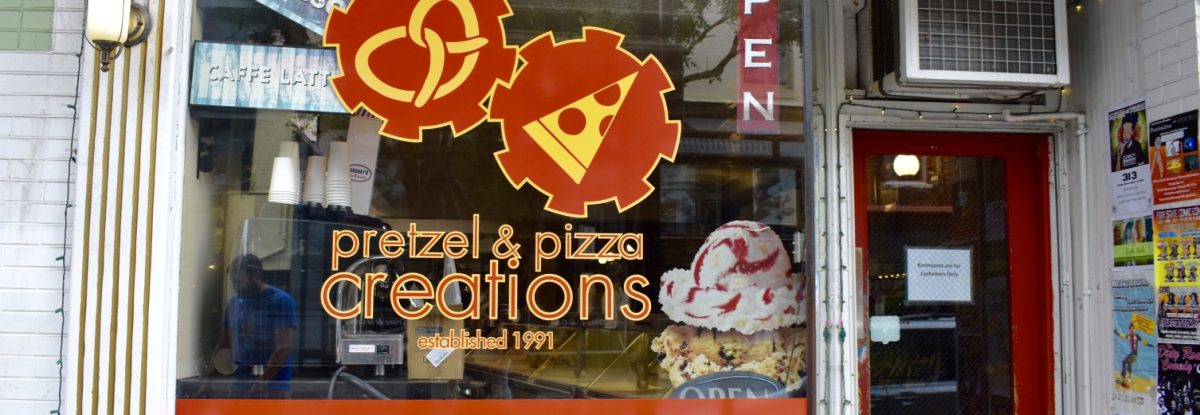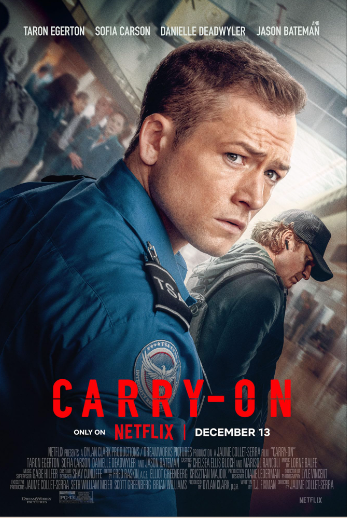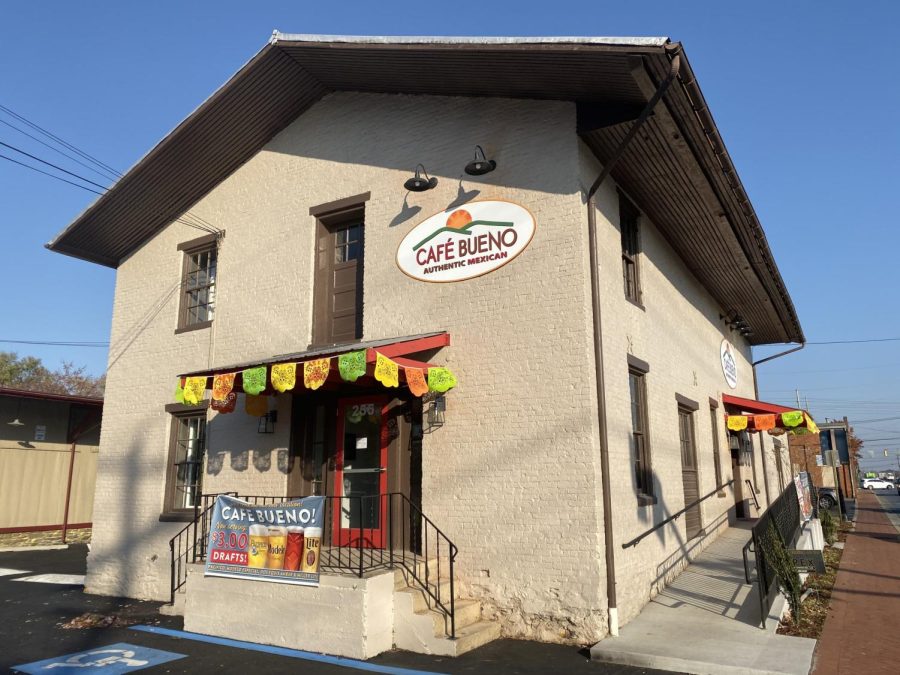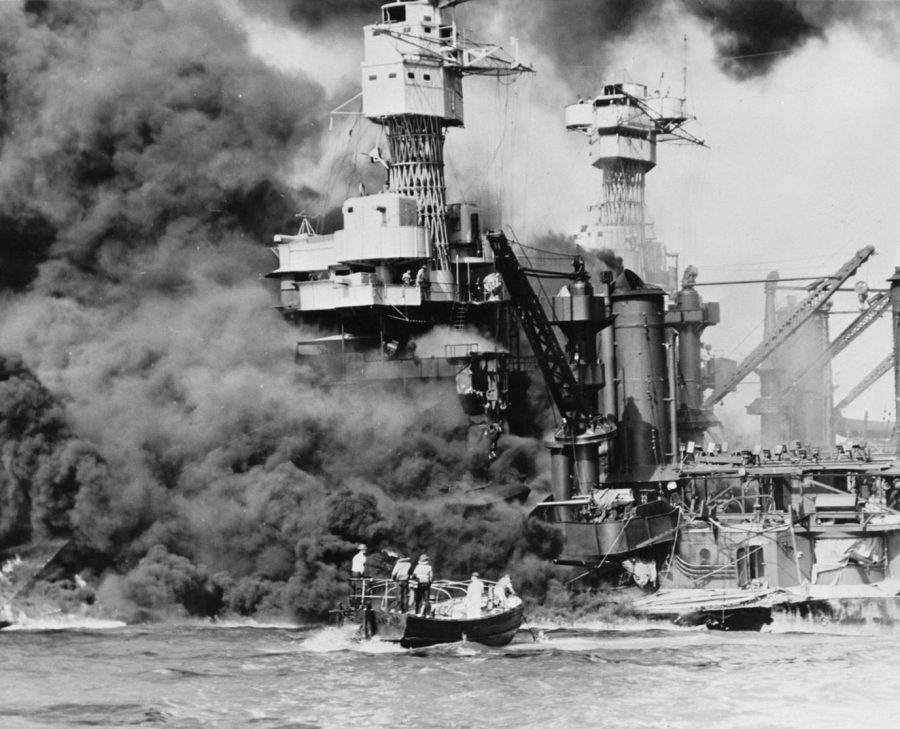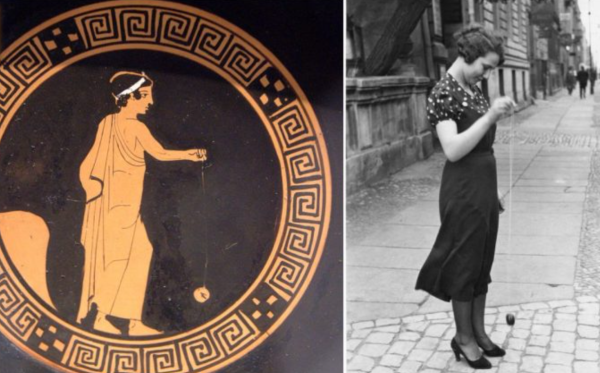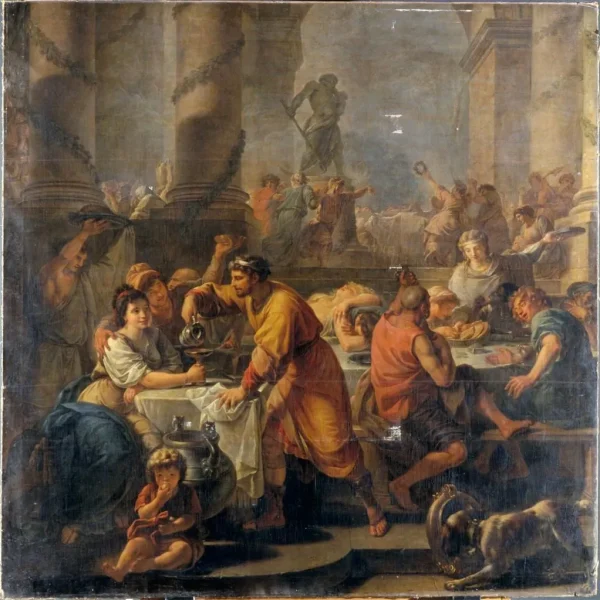81 years ago today, 2,403 Americans died in the Attack on Pearl Harbor
“Yesterday, December 7, 1941–a date which will live in infamy–the United States of America was suddenly and deliberately attacked by naval and air forces of the Empire of Japan,” declared then-president Franklin D. Roosevelt in his now famous address to the nation just a day after the tragic event. In the early morning hours of Dec. 7th, the Japanese military launched a surprise attack on the Pearl Harbor naval base near Honolulu, Hawaii–killing 2,403 Americans and sinking four battleships. Of the 2,403 Americans, 68 were civilians.
Japan wanted superiority over what the U.S. had like their economic resources, political self empowerment and the trade embargo. From the result of the empowerment that Japan wanted they attacked Pearl Harbor with full force .
“We would see the planes fly in, we heard a boom and we could see the fire,” said Pearl Harbor survivor and former radar operator Richard Schimmel. “They did a hell of a job, too. They knew what they were doing.”
The Pearl Harbor attack was just the first of the United States’ extended involvement in WWII, and was not the last of more battles and wars that American civilians would fall victim to.
In response to the unwarranted and unprecedented attack, Congress declared war on Japan shortly after, formalizing the United States’ participation in WWll and solidifying our nation’s place in world history.
The United States’ almost-immediate declaration of war is widely acknowledged by laymen and historians alike, but many fail to recognize the Roosevelt administration’s misdeeds following the attack.
Just two months after Pearl Harbor, President Roosevelt signed Executive Order 9066, which ordered the internment of all people of Japanese descent living on U.S. soil into isolated internment camps. Most were American citizens, and ultimately about 120,000 Japanese-Americans were affected. Even on the day of Pearl Harbor, the FBI took 1,291 innocent Japanese-Americans into custody, with no legitimate reason for their arrest. As a result, the divide between Japanese-Americans and the American government widened, compounded with anti-Japanese racism that was commonplace at the time.
The Pearl Harbor attack is to be remembered as a day of strength not only for survivors but to those generations after. It shows resilience and the power in standing up for yourself and it will continue to show its significance in another 81 years.
–
https://www.history.com/topics/world-war-ii/pearl-harbor
https://www.history.com/topics/world-war-ii/japanese-american-relocation
